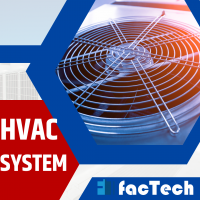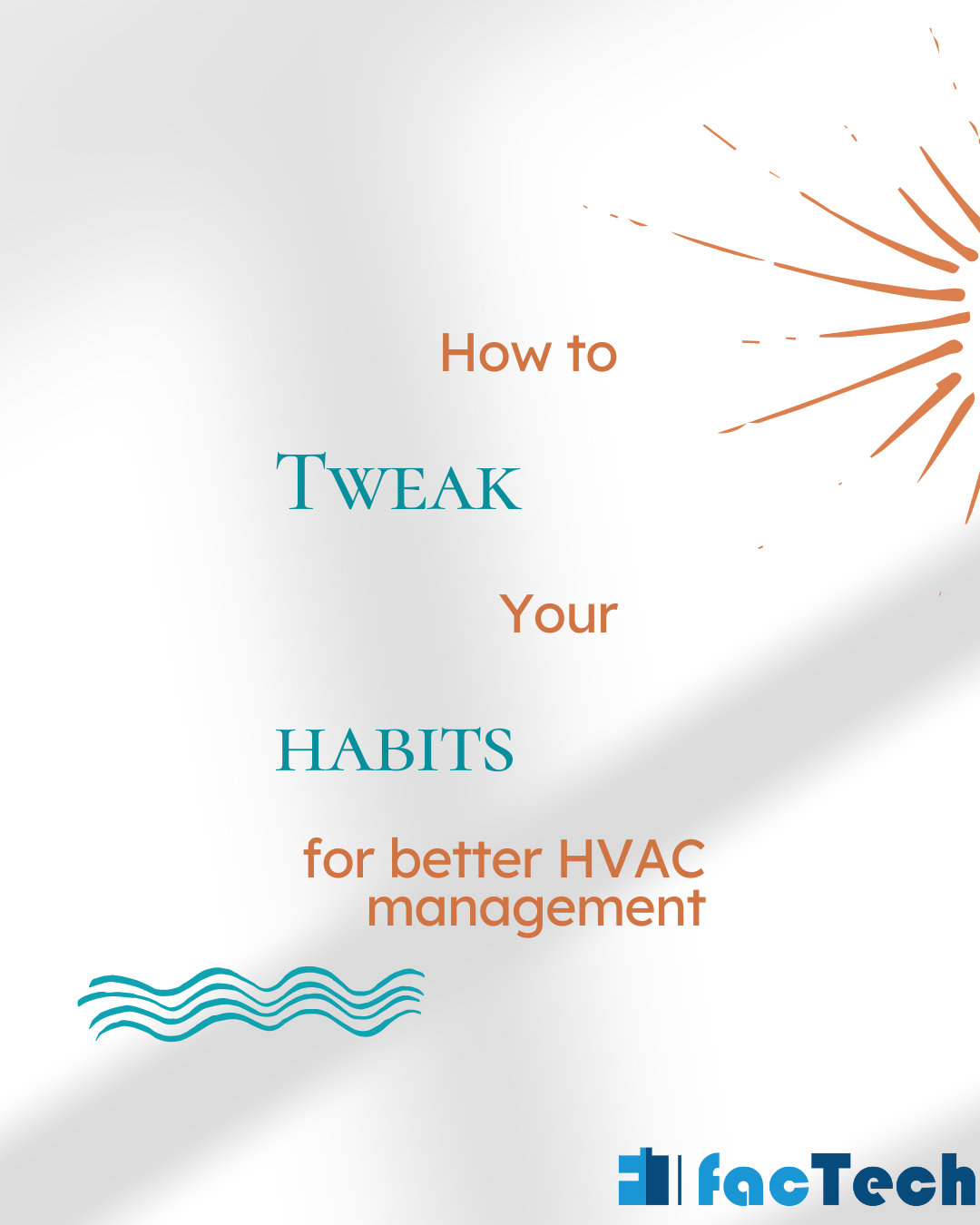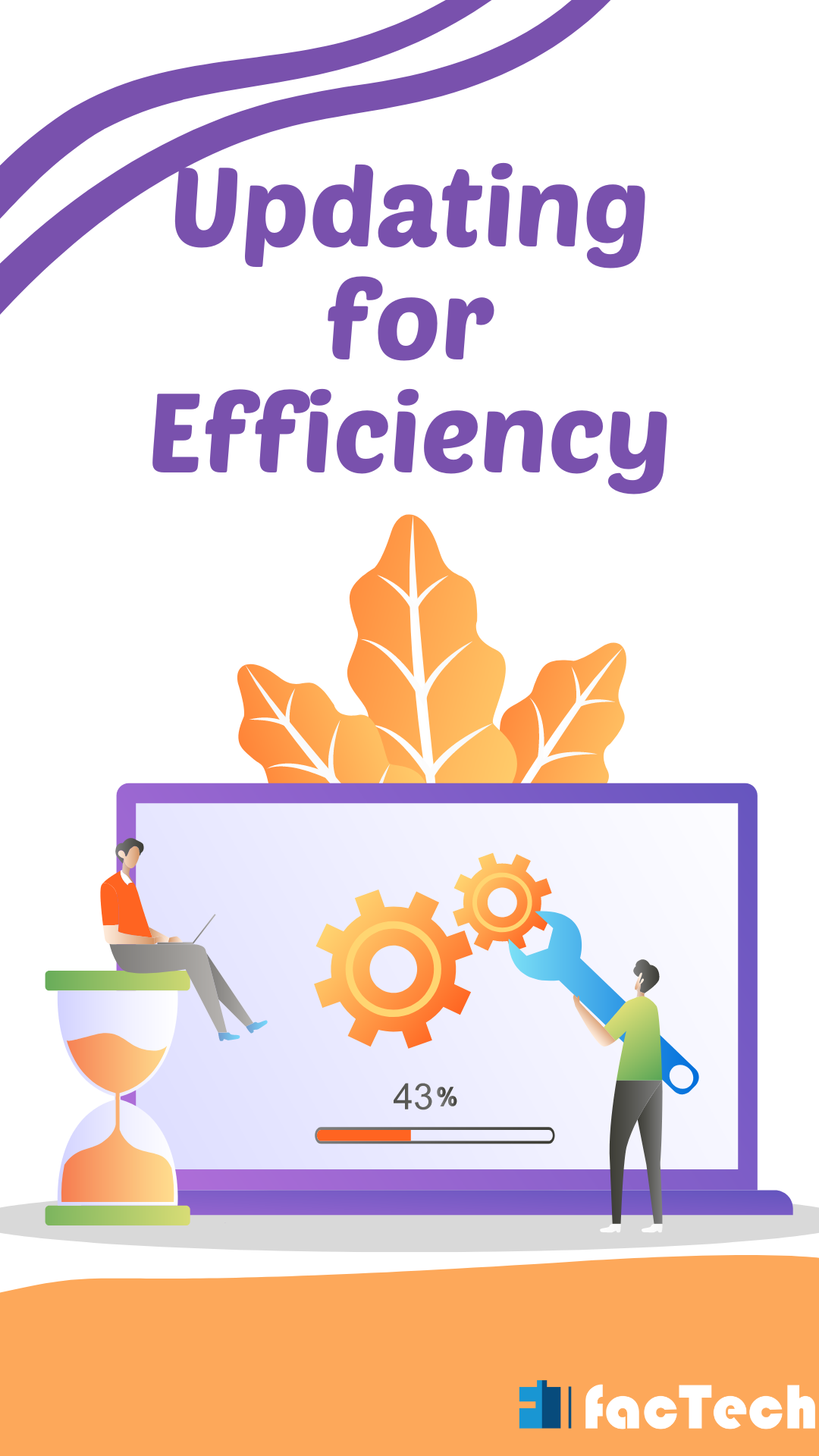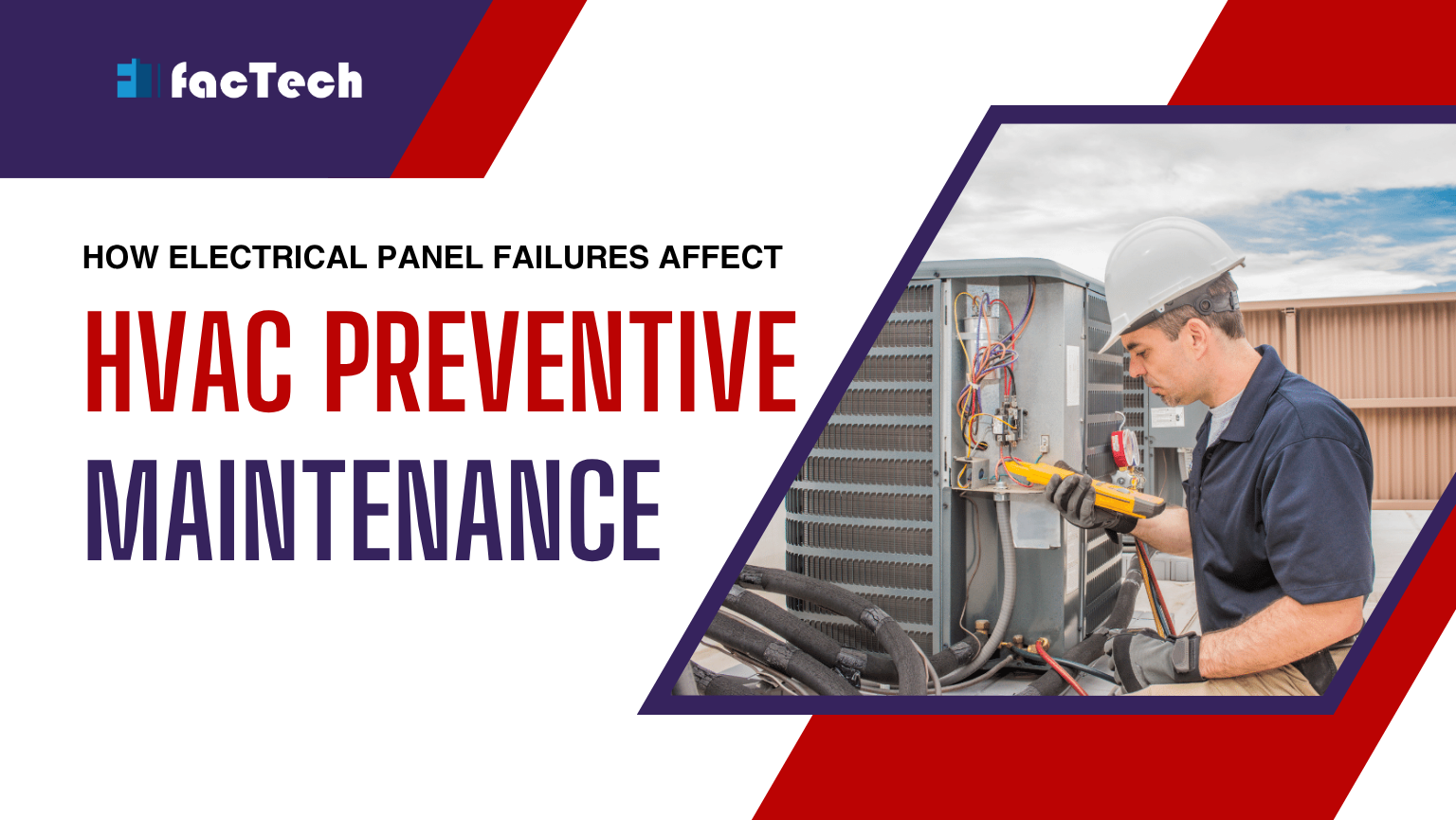How to Reduce HVAC Energy Consumption
Reduce HVAC Energy Consumption
Even though HVAC systems keep us warm, they can use a lot of energy. HVAC systems are workhorses, keeping us comfortable year-round. But that comfort can come at a cost, especially on our energy bills. The good news is, there are several ways to get your HVAC system working more efficiently, saving you money and reducing your environmental impact. Here are some key strategies to focus on:
Making your system work better:
Thermostat Tweaks: Change the settings on your thermostat. Aim for 78°F (25°C) in the summer, and raise it a few degrees when you’re not there. In the same way, turn down the heat in the cold and wear warmer clothes. Programmable thermostats let you set them to make changes on their own based on your plan.
Support for airflow: Replace air filters on a regular basis to keep movement going smoothly. Making sure that curtains and furniture don’t block vents is important for good air flow.
Schedule Service: Don’t forget to do regular upkeep. A skilled technician can find and fix any problems that are making the system less effective.
Adopt automation: Think about using occupancy monitors to change the temperature of a room automatically when no one is in it. Smart thermostats can also learn your habits and tastes, which makes them even better at saving you energy.
automatically when no one is in it. Smart thermostats can also learn your habits and tastes, which makes them even better at saving you energy.
Attention: If your air filter is clogged, your HVAC system has to work harder. Changing your filter on a regular basis (usually once a month) will keep the air flowing smoothly and efficiently.
Kick the dust bunnies out of your system and keep it clean! When dust gathers on vents, registers, and around the unit, it can make it less efficient and stop air from moving. Regularly vacuum your system and have a professional repair it once a year.
Stopping the Leaks:
If there is a leak, it can make HVAC systems less effective, even though they work hard to keep us comfy. Because these leaks let conditioned air out, the system has to work harder to keep the temperature where it needs to be. This means that your energy bills will go up and your HVAC unit will get worn out faster than it needs to.
There is good news: fixing leaks is an easy and inexpensive way to make your HVAC system work much better. First, let’s talk about how leaks affect your system and how to find and fix them:
Why leaks are important:
If there are leaks in your ducts, vents, or connections, conditioned air can escape into unconditioned areas like your attic or crawl space. This means you lose cool air or warmth. This makes your HVAC system work harder to make up for the lost air, which uses more energy.
 Strained System: Your HVAC system is under more stress when it has to work harder to keep the temperature stable. This can cause things to break down early and have a shorter life span.
Strained System: Your HVAC system is under more stress when it has to work harder to keep the temperature stable. This can cause things to break down early and have a shorter life span.
Finding the Bad Guys:
Checking Out Visually: You should look for cracks, holes, or loose links in the ducts, vents, and area around the HVAC unit. Pay close attention to where the registers are and where the ducts join.
How Drafts Make You Feel: As you walk around your house on a windy day, feel for cool or warm drafts near doors, windows, and on the floor. Drafts can mean that there are leaks in these places.
Smoke Test: A smoke test can be done by a professional HVAC worker. To do this, smoke is put into the duct system, and leaks are found by watching where the smoke exits.
Filling in the Blanks:
Do-it-yourself fixes: For small duct leaks, you can use metal foil tape made just for HVAC systems. But make sure the area is clean and ready to go before applying.
Get the Pros: A trained HVAC technician is the best person to fix large leaks or leaks in hard-to-reach places. To stop leaks, they can use mastic glue, metal patches, or other methods that work well.
Find Drafts: Doors and windows that let drafts in can make your HVAC system work harder. After finding holes and cracks, seal them with glue or weather stripping.
Insulation: Warm or cool air won’t be able to leave if you have the right insulation in your attic, basement, and outside walls. If you need to, you might want to add warmth.
Why sealing leaks is a good idea:
 Less energy use: If you fix leaks, your HVAC system won’t have to work as hard, which means your energy bills will go down.
Less energy use: If you fix leaks, your HVAC system won’t have to work as hard, which means your energy bills will go down.
Better Comfort: Consistently distributing conditioned air throughout your home makes it a more comfortable place to live.
Longer System Life: Your HVAC system will last longer and need fewer fixes if it doesn’t have to work as hard.
Taking Steps:
Setting up a regular HVAC check to find and fix leaks is a good idea. Fixing these leaks will not only save you money on your energy bills, but it will also keep your home more comfortable and make your HVAC system last longer. So, do something today to make sure your HVAC system works better!
HVAC Preventive Maintenance & Energy Efficiency
Tips for HVAC Maintenance to Prevent Costly Repairs
Changes in behavior:
It’s amazing how much energy we use every day, especially when it comes to HVAC (heating, ventilation, and air conditioning) systems. Here are some changes you can make to your habits that will make you feel better and save you money:
How to Dress for the Season:
Instead of turning up the heat, you could change what you’re wearing. Wear more layers in the winter and lighter clothes in the summer. If you’re comfortable, you use less energy.
Accept the Power of Nature:
Natural air flow should be used as much as possible. When it’s nice outside, open the windows and doors to let fresh air in and use less air conditioning. In the cold, keep the heat in by closing the windows and doors at night.
How to Become a Zonation Master:
Keep conditioned air from leaving by closing the doors to rooms that aren’t being used. This lets your HVAC system focus on areas that are being used, which lowers the amount of energy it uses generally.
Use the Power of the Sun:
Plan how you use blinds and curtains. When it’s hot, block the direct sunlight. When it’s cold, let it in to use natural warmth. This simple action can make your HVAC system’s job a lot easier.
 Accept smart technology:
Accept smart technology:
Think about getting programmable heaters or smart vents that let you control the temperature in different areas. These tools can save you time and money by automating your temperature settings and energy use.
Fan Fantastic:
In the summer, ceiling fans can make it feel cooler by creating a wind chill effect. This lets you turn up the thermostat a few degrees.
Targeted Cooking and Drying: When cooking or taking a shower, use vent fans to get rid of extra heat and wetness. If you can, let your clothes dry in the air instead of using heat.
Set a good example:
Talk about these habits with your family and roommates. A practice of saving energy grows when people are aware of it and work together.
Always being the same is important. By making these easy changes to your daily life, you can save money on your utility bills, make the world greener, and use a lot less energy for your HVAC system.
Putting money into efficiency:
It is important to keep your home warm all year, but big energy bills can be hard on the wallet. The good news is that you can lower the amount of energy your HVAC (Heating, Ventilation, and Air Conditioning) uses. Many of these steps involve smart investments that will pay off in the long run:
Upgrade Your Thermostat: You might want to get a smart thermostat. These can learn your likes and dislikes and make custom plans to work best for you.
Use natural ventilation: Open your windows and doors in the mornings and nights when it’s cooler to let in fresh air and use your HVAC system less.
Power of the Fan: Ceiling fans and portable fans make the air feel cooler, so you can turn up the heat a degree or two without losing warmth.
Putting money into efficiency: Savings for the future
Smart Thermostat: Get a smart or controlled thermostat instead. These make changes automatically based on your schedule and tastes, so you don’t have to heat or cool a house that’s not occupied.
 Maintenance for your HVAC system: Keeping up with regular maintenance keeps it running easily and efficiently. Checkups should be done once a year so that problems can be found and fixed before they get worse.
Maintenance for your HVAC system: Keeping up with regular maintenance keeps it running easily and efficiently. Checkups should be done once a year so that problems can be found and fixed before they get worse.
Gaps and leaks around windows, doors, and roof hatches make your HVAC system work harder than it needs to. Adding insulation and sealing these places can make a huge difference in how well they work.
Thinking About Upgrading Your System?
If your HVAC system is more than 10 years old, you might want to get a new one. Newer types are much more efficient than older ones, according to the manufacturers. Look for air conditioners and heaters that have high AFUE (Annual Fuel Utilization Efficiency) and SEER (Seasonal Energy Efficiency Ratio) scores. Even though it might cost more at first, it can save you a lot of money on energy costs over time.
What You Should Know: A Multi-Pronged Approach
A mix of tactics is the key to making HVAC systems as efficient as possible. You can make your home more comfortable while keeping your energy bills low by making small changes to how you live and smart investments in upgrades. Remember that making a few smart decisions today can save you a lot of money and help the environment tomorrow.
Following some of these tips will help you keep your home warm, lower the amount of energy your HVAC system uses, and save money on your utility bills. Remember that little changes can make a big difference!








